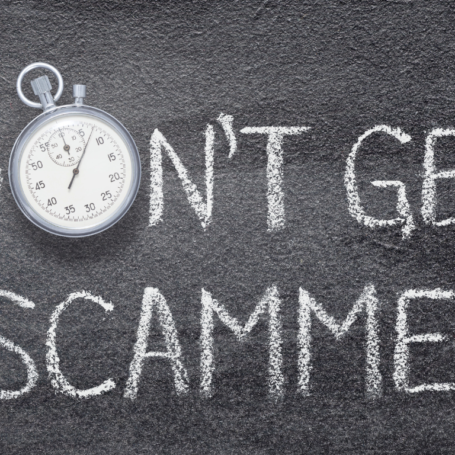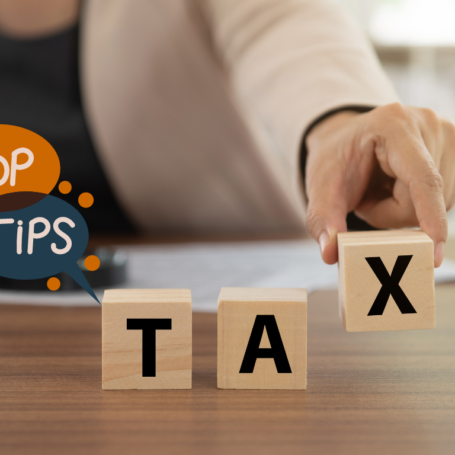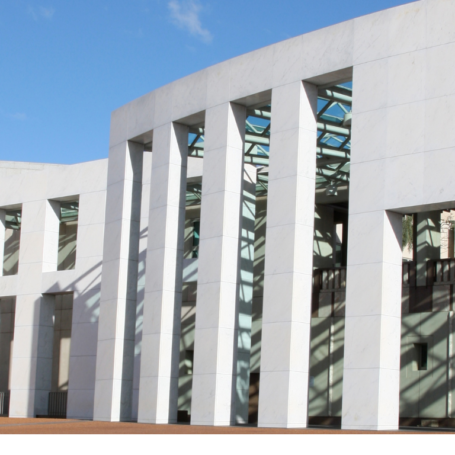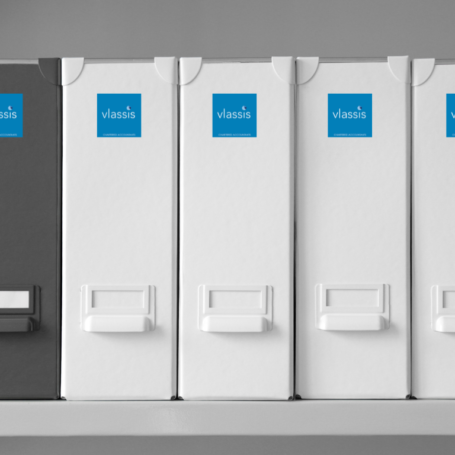As the saying goes, nothing is certain in life except death and taxes, and when you are acting as Executor of a Deceased Estate there are several tax considerations to consider.
This article provides a brief discussion of items for Estate Executors (or their representative) to consider when navigating the tax obligations of the deceased.
Below are questions that should be considered when determining if a requirement to lodge a tax return exists for the Deceased or their estate.
When considering these questions, it is important to note that legislation treats the Deceased and their Estate as separate taxpayers, with the Estate eligible for the full tax-free threshold in its first three years of administration.
Questions to be Considered:
Did the Deceased or the Estate have any tax withheld (PAYG or TFN withholding) or receive any franking credits?
-
-
- If the Deceased or the Estate has paid tax throughout the lodgement year, the taxpayer may be entitled to a refund or have a tax liability (depended on their final tax position).
For Example:
If the taxpayer’s taxable income is under the tax-free threshold ($18,200.00), the taxpayer will need to lodge a tax return to obtain refund of the tax paid. - “Tax Paid” refers to – PAYG withheld from salary or super payments, tax withheld from interest or dividends and franking credits attached to franked dividends.
- If the Deceased or the Estate has paid tax throughout the lodgement year, the taxpayer may be entitled to a refund or have a tax liability (depended on their final tax position).
-
Did the Deceased carry on a business with an ABN?
-
-
- If the Deceased was carrying on a business as an individual sole trader, they have an obligation to lodge a tax return regardless of their taxable income. This is the case, even if the business was incurring losses or their taxable income was under the tax-free threshold.
-
Did the Deceased or the Estate receive taxable income over the tax-free threshold ($18,200.00)?
-
-
- As both the Deceased and their Estate are treated as separate taxpayers, they are both entitled to a full tax-free threshold for the first three years of estate administration.
Therefore, if the taxable income of either taxpayer is below the tax-free threshold (and the other points discussed above do not apply) they will not be required to lodge a tax return.
Inversely, if the taxpayer has taxable income above the tax-free threshold, they will need to file a return and be assessed for tax at individual marginal rates.
- As both the Deceased and their Estate are treated as separate taxpayers, they are both entitled to a full tax-free threshold for the first three years of estate administration.
-
Date of Death Return
As discussed, the Deceased and their Estate are separate taxpayers. Meaning, for the year of death of the Deceased you may need to lodge two returns.
The first will be for the period commencing at the beginning of the financial year (1 July) and ending at the date of death of the Deceased (Hence the name – Date of Death Return).
The Executor or their representative should review this period with reference to the three questions discussed above to determine if a requirement to lodge exists.
Deceased Estate Return
The Deceased Estate period runs from the date of death until the end of the financial year (30 June).
Legislation provides for the Deceased Estate to be taxed at individual marginal rates for the first three financial years of its administration. Given the Estate is treated as a separate taxpayer, the Estate will need to apply for its own Tax File Number (TFN).
The Estate lodgement cannot be made using the Tax File Number of the Deceased.
Executors will need to consider the questions previously raised to determine if a requirement to lodge exists for the Estate.
If the Estate fails to be finalised within its first three financial years of administration, the Estate will be taxed at a higher rate in the following years. (No more tax-free threshold).
The Commissioner of Taxation has discretion to extend this three-year period, but there needs to be exceptional circumstances for applications to be considered. Estates that are delayed in an attempt to take advantage of the tax-free threshold will not be considered.
The team at Vlassis & Co have extensive experience in advising of the tax implications of Deceased Estates.
If you have queries regarding how taxation can apply to your situation, including if an Estate or Date of Death Return is required, please contact our office
on 08 8221 6877.

Written by Nathan Guerin CA












